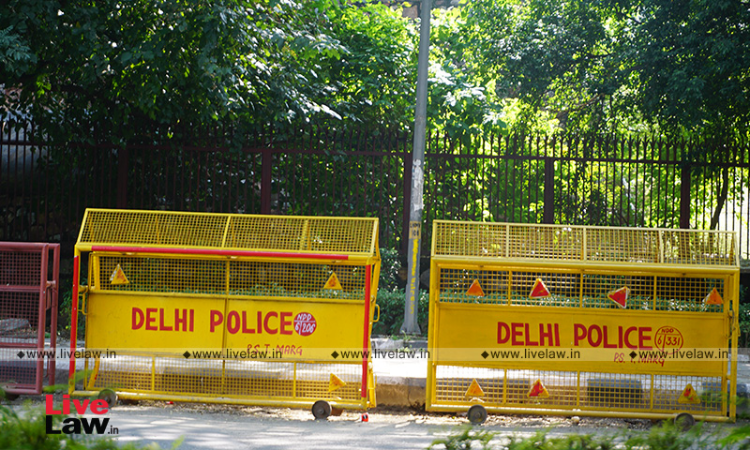The Delhi High Court recently rejected the argument set forth by an official of the Delhi Police that the corruption allegations levelled against him cannot be investigated by the Anti Corruption Branch of the Delhi government for the reason that the agency falls under the Ministry of Home Affairs.In doing so, Justice Jasmeet Singh relied on Anil Kumar v. GNCT of Delhi where it was held...

